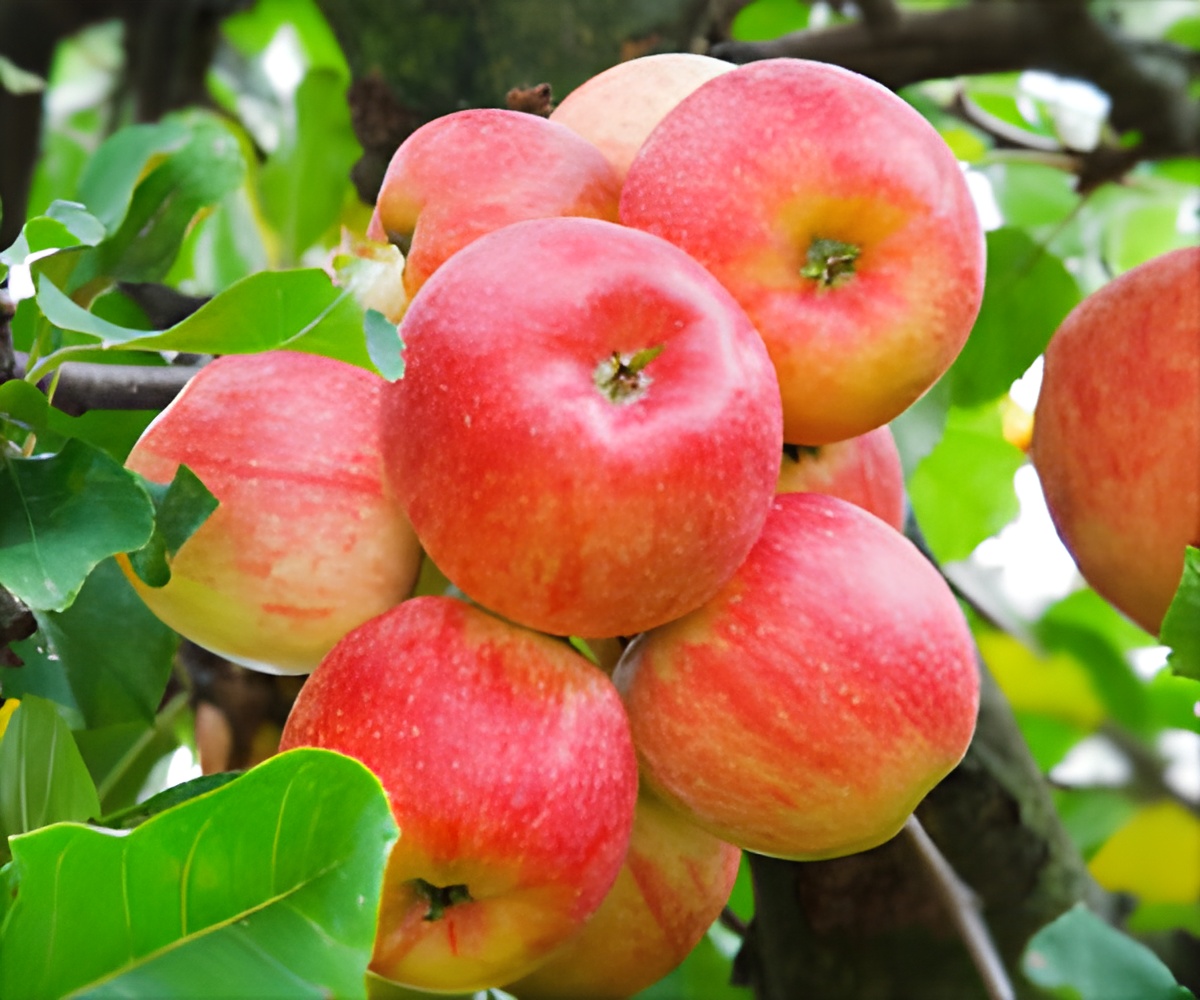Finding ways to manage competitive vegetation under the trees and supplying important supplemental nutrition to the trees are the two effective management practices in apple orchards.

The researchers evaluated several under tree, in-row groundcover management systems, including shredded paper, wood chips, municipal green compost, and mow-blow. They also tested various nutrient sources (non-fertilized control, composted poultry litter, and pelletized organic commercial fertilizer). The groundcover systems and nutrients were analyzed for their respective effects on soil organic matter, carbon, and nitrogen concentration, and soil carbon and nitrogen sequestration.
The results showed that the use of various groundcover management systems as an orchard floor management tool can increase soil organic matter, total soil, and total nitrogen mineral soils, thereby improving soil quality. The greatest increases in these factors were associated with applications of green compost, which the authors say was a result of accelerated formation of carbon- and nitrogen-rich soil organic matter.
"Compared with conventional apple orchards managed with herbicides and fertilizers, green compost, wood chip, and shredded paper treatment may result in improved soil quality," the authors concluded. "However, care should be taken in organic apple production to ensure nutrients are not over applied, thereby protecting soil and water resources and maintaining the health of the orchard ecosystem."
According to Rom, the study has implications for sustainably and conventionally managed orchards as well as organic orchards, and demonstrates the sustainability of organically managed systems.
Source-Eurekalert











